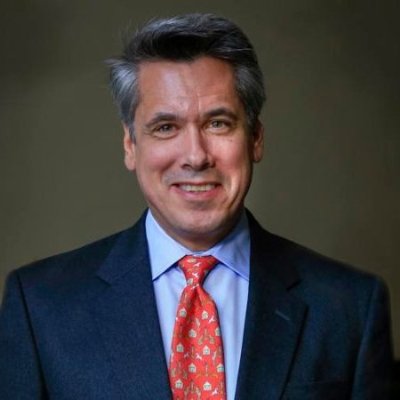A ten-member panel, created last year by a U.S. Department of Labor advisory body to review the soft-dollar business, has received mixed reviews.
The panel, set up under the auspices of the 1997 ERISA Advisory Council on Employee Welfare and Pension Benefit Plans, recommended that Labor and the Securities and Exchange Commission make some statutory and regulatory changes.
ERISA, or the Employee Retirement Income Security Act, enacted in 1974, sets minimum standards for private-sector pension plans.
Fees
Specifically, Labor was urged to require plan sponsors to report all fees above $5,000 paid for with directed brokerage. Plan sponsors would also be required to certify that they are complying with the existing requirements of ERISA Technical Release 86-1 in directed-brokerage programs.
Labor was asked to recommend to the SEC that the Section 28(e) definition of research be changed, and that it prepare a list of which brokerage and research services are acceptable purchases with soft dollars. Investment managers would be required to provide clients with full disclosure of all trades for each client involving soft dollars, and the benefits investment managers receive from those rebates. They would also be required to detail their policies involving soft dollars.
In addition, disclosure of external research provided to investment managers would be required.
Howard Schwartz, chairman and chief executive of New York-based Lynch, Jones & Ryan, an institutional brokerage firm, said he was "very pleased that the soft-dollar and commission-recapture business which [Labor] has said fosters brokerage-industry competition and ultimately benefits individual pension-plan investors is moving toward self regulation."
The report is "very much in line" with the Securities Industry Association's new best-practices guidelines for soft dollars and other commission arrangements, added Schwartz, who is chairman of the SIA's Soft-Dollar Committee. Schwartz testified before the Labor panel, representing the SIA.
But another industry official, requesting anonymity, was not impressed with the soft-dollar report. "It is unworkable and not well thought out. I don't believe the SEC engages in substantive-type regulation. How do you determine whether Bloomberg is an acceptable research product and fails the test?," asked the official. "People were expecting the production of a credible report, but it is too vague, too general."
Main Concern
The panel's main concern was whether plan fiduciaries have sufficient guidance to properly administer their pension plans in compliance with ERISA's fiduciary requirements. The panel was given a mandate to study the need for regulatory changes or additional disclosure to pension-plan sponsors and fiduciaries on soft-dollar and directed-brokerage practices.
One soft-dollar expert thinks the panel's recommendation could have a far-reaching impact. "If they [the recommendations] are carried out, they will have some significant impact on business," said Lee Pickard, a Washington-based attorney and counsel to The Alliance in Support of Independent Research. A paper written by Pickard, "The Provisions of Investment Services by Broker-Dealers: A Guide to Soft-Dollar Practices," was submitted to the panel for review.



